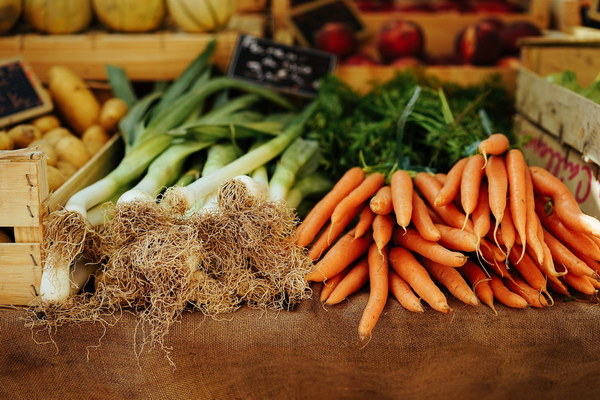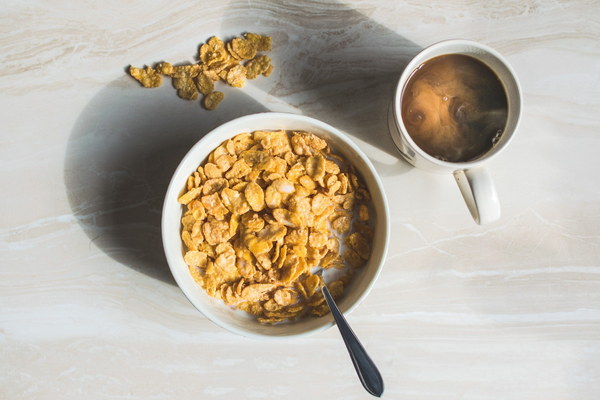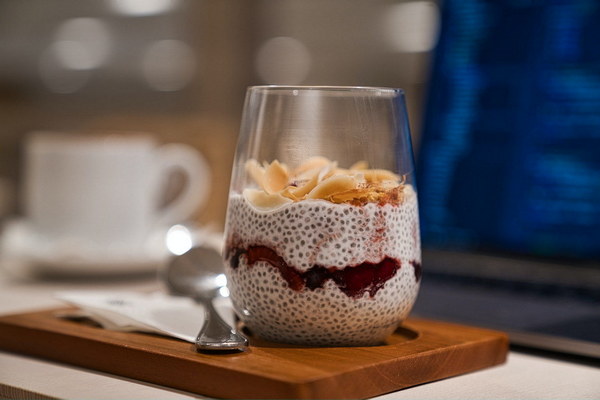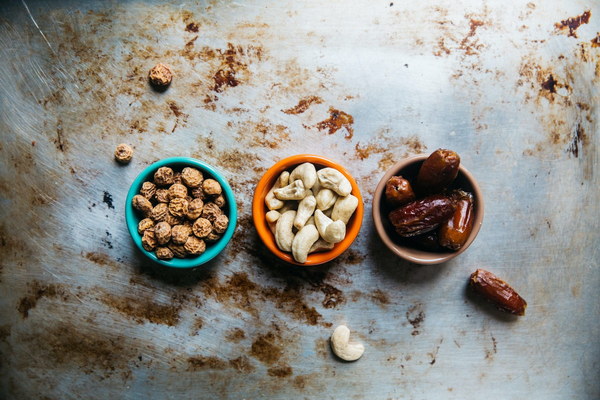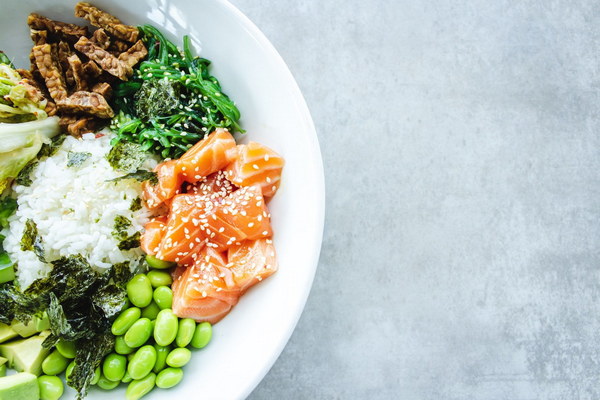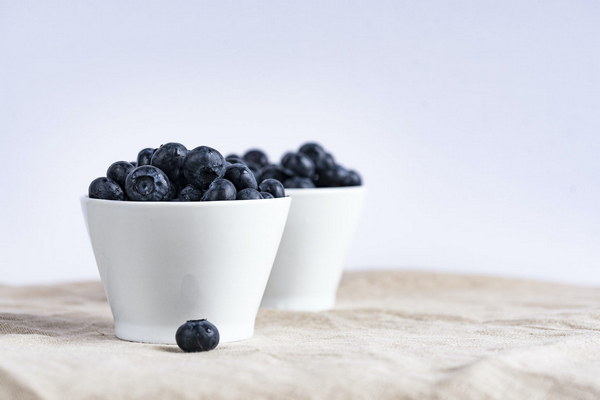Eating Your Way to Recovery A Guide to Dietary Remedies for Diarrhea
Introduction:
Diarrhea, often caused by various factors such as viral infections, bacteria, or food poisoning, can be an uncomfortable and disruptive condition. While medication is essential to treat the underlying cause, dietary interventions can help alleviate symptoms and speed up recovery. In this article, we will explore the best foods to consume and avoid during a bout of diarrhea, offering a comprehensive guide to dietary remedies for diarrhea.
1. Foods to Eat:
a. BRAT Diet: The BRAT diet, which stands for bananas, rice, applesauce, and toast, is a classic approach for treating diarrhea. These foods are easily digestible and can help firm up stools.
b. Boiled Potatoes: Potatoes are an excellent source of potassium, an essential mineral that can help replace the electrolytes lost during diarrhea.
c. Cooked Vegetables: Foods like carrots, green beans, and sweet potatoes are low in fiber and can provide essential nutrients without aggravating digestive issues.
d. White Meat: Chicken and turkey are lean sources of protein and can help maintain muscle mass while recovering from diarrhea.
e. Salted Rice Water: Boil rice in water, then strain the water and drink it. This simple solution can help replenish electrolytes and rehydrate the body.
f. Pears and Prunes: These fruits are known for their mild laxative properties and can help regulate bowel movements without causing further diarrhea.
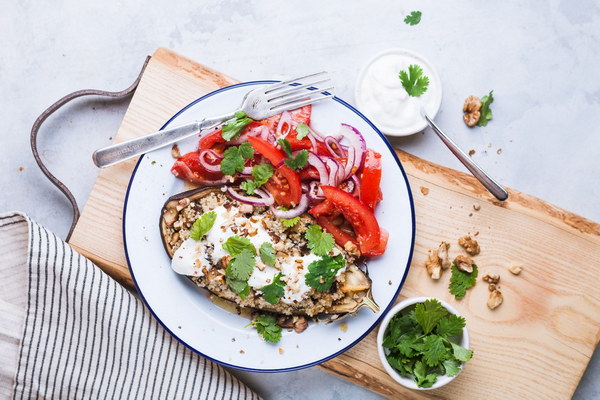
g. Hydration: Staying hydrated is crucial during diarrhea. Water, broths, and clear juices are ideal choices.
2. Foods to Avoid:
a. High-Fiber Foods: Foods like whole grains, beans, and raw vegetables can exacerbate diarrhea by irritating the digestive tract.
b. Fatty Foods: Fatty foods can slow down digestion and may increase stool frequency and volume.
c. Spicy Foods: Spices can irritate the digestive system, worsening diarrhea symptoms.
d. Carbonated Beverages: Carbonated drinks can increase bloating and gas, contributing to diarrhea.
e. Dairy Products: Dairy products, such as milk, cheese, and yogurt, can be difficult to digest for some individuals and may worsen diarrhea symptoms.
f. Alcohol: Alcohol can dehydrate the body and irritate the digestive tract, making diarrhea symptoms worse.
3. Tips for a Healthy Diet:
a. Small, Frequent Meals: Eating small, frequent meals can help prevent gastrointestinal discomfort and allow the body to absorb nutrients more effectively.
b. Gradual Introduction of Foods: As symptoms improve, gradually reintroduce a wider variety of foods, starting with bland, low-fiber options.
c. Avoiding Allergens: Identify and avoid foods that may trigger diarrhea symptoms, such as lactose intolerance or gluten sensitivity.
d. Probiotics: Consuming probiotics, either through supplements or fermented foods like yogurt, can promote a healthy gut flora and aid in digestion.
Conclusion:
While medication is essential for treating the root cause of diarrhea, dietary interventions play a crucial role in alleviating symptoms and promoting recovery. By following this guide to dietary remedies for diarrhea, you can help your body heal more efficiently and prevent future episodes. Remember to consult with a healthcare professional for personalized advice and treatment.
